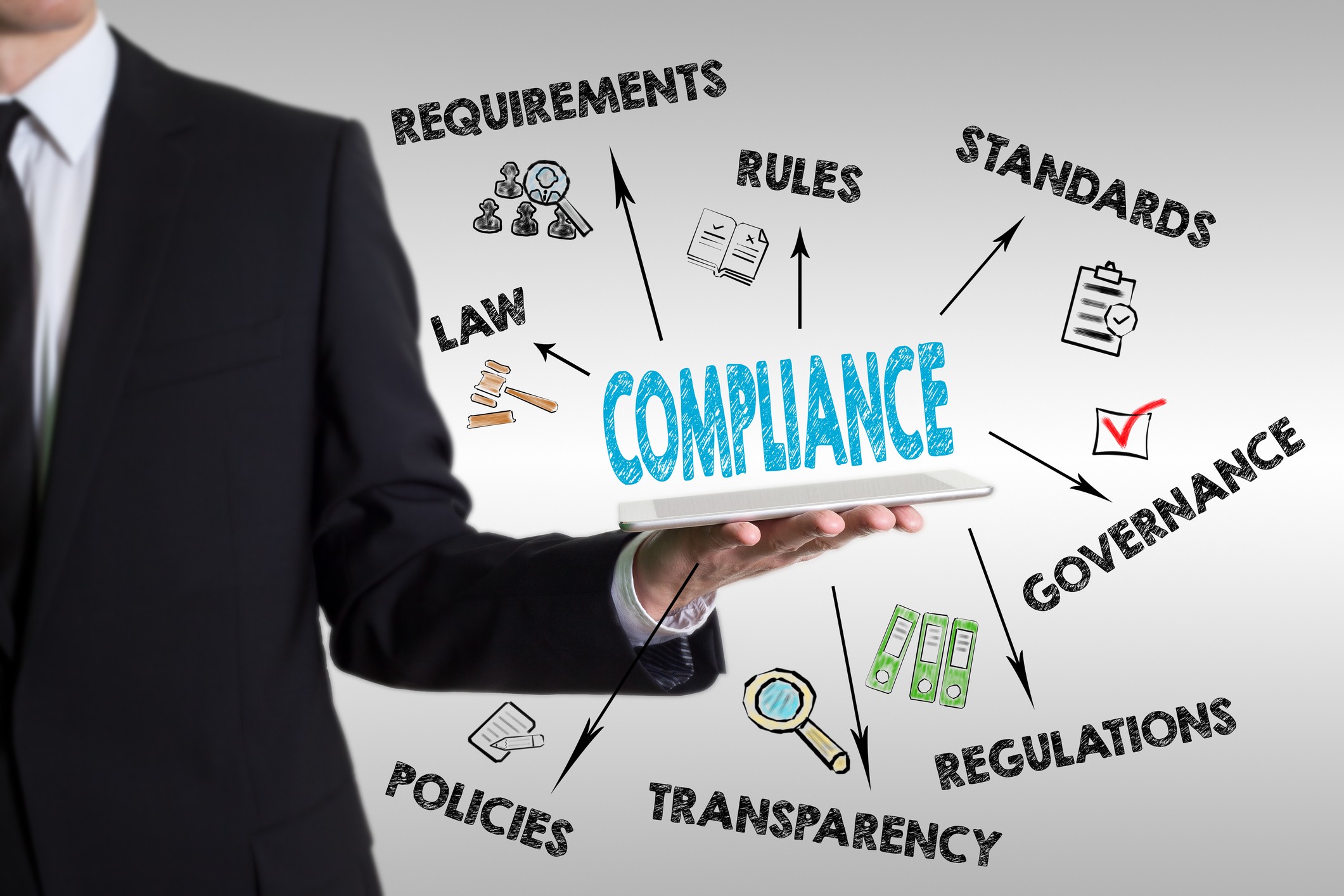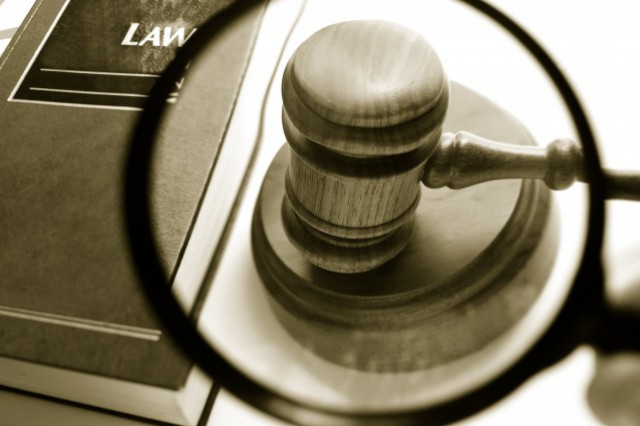One of the most relevant issues currently facing us in the context of the fight against corruption and the need to increase levels of transparency in a globalised economy is the incidence of ethical and legal assumptions of business activity is when agents with marked ethical and cultural differences intervene, and their impact on their own economic activity. In other words, the need for a new corporate culture as a requirement of transparency to avoid corruption in the private sector. The ethical, legal and economic repercussions in the development and evolution of corporate culture models within a globalised economy are undoubtedly of particular importance in the area of criminal law.

The current state of scientific knowledge may have different implications in each of the legal institutions of the crime theory itself in relation to economic crimes, but in any case have an important conceptual connection with the economic and ethical processes that clearly indicate that the dimension of these issues has to be approached from a multidisciplinary methodological perspective, not limited to legal research activity, but has to combine a legal, economic and philosophical view of the problem. Without this -at least- triple legal, ethical, philosophical and economic dimension, it will not be possible to present to the scientific and business community a rigorous and complete study of business ethics in a globalised economy because the three elements appear to be intrinsically connected.
In this sense, in Spain the reform of the Criminal Code (LO 5/2010) incorporates aspects of enormous importance that will undoubtedly affect business activity by orienting it towards a new paradigm of criminal responsibility. This includes the incorporation of direct criminal responsibility of legal people, along the lines of most criminal laws in EU member states, and the introduction of new criminal offenses aimed at strengthening criminal law in the field of crimes related to corruption, and will determine a new path for business activity, good corporate governance, corporate social responsibility, among others, which will entail the need for changes in codes of conduct that should contribute to greater transparency in management, and thus to a reduction in practices of acts of corruption that not only harm and endanger democracy, but also damage and affect, in particular, fair business competition. This will undoubtedly also represent a major turning point in the fight against corruption and transparency.
The consequences arising from the existence of criminal responsibility are not insignificant for any subject, but less so for business activity that, in short, will have repercussions on the profits, value and prestige of the company. This new legal situation places the company and its managers before the need to structure the internal corporate organization taking into account the new legal risks that the Criminal Code refers to. One way of minimizing the risks and protecting the corporate structure and its executives in the face of possible criminal responsibility is what in American law is known as compliance programmes. They are not unknown in Spanish law, where they already exist, for example, in the prevention of money laundering and anti-corruption practices. However, in this case the prevention obligations are defined legally, while in the case of crimes such as scams, corruption or influence peddling, the risk is not provided for in extra-penal legislation that enables their limits to be defined.
There is a need for a new corporate culture as a requirement of transparency to avoid corruption in the private sector
Nevertheless, the institution of compliance programmes and ethical codes specially designed to reduce criminal risks can exhibition that the company -its managers and managers- have adopted measures of due control and prevention that will allow -as provided by the Penal Code- a decrease in the penalty that might be imposed on the company. One of the aspects that is particularly relevant for these compliance programmes is the one related to the existence of internal discipline systems that have been established in companies to combat the phenomenon of corruption in the context of business activity in the EU and in the international arena. In particular, emphasis is placed on the establishment of whistleblowers methods, that is, complaints within the business environment, as they are understood as internal mechanisms of ethical compliance that allow controlling not only the activity of employees, but also that of managers and even that of its suppliers. As one of the inherent aspects of ethical codes of good corporate governance are those concerning the elimination of corruption it is recommended by international organisations (OECD) to establish a system of hotlines to encourage anonymous complaints.
The compliance model as a tool for good corporate governance
In the context described, and following the financial scandals that led to the economic crisis, the rules of Good corporate governance were born as softlaw norms, that is to say, they contain recommendations and not rules, as their non-compliance does not imply any legal consequences. Its initial purpose was to reinforce the demands of responsible corporate governance beyond the rules of commercial law itself. For this reason, its recommendations are expressed in Codes of Good Governance, whose fundamental feature is based on the principle of "to fulfil or to explain" (complain or explain). That is to say, voluntary compliance rules that only require the subjects to whom these codes are addressed to explain the reasons for non-compliance or why they have deviated from the recommendations.
Currently, following the latest reform of the Capital Companies Act (2014), a number of the recommendations of the Code of Good Governance have been incorporated into the LSC: the duties of the administrators are strengthened, the non-delegable competencies of the Councils, even incorporating other standards such as CSR policy obligations (which were also softlaw).
In this context, the idea of compliance also arises, that in itself is nothing more than "obedience", but according to the legal order in which it operates is also "regulatory compliance." It may be compliance with criminal rules, but substantially it is primarily compliance with administrative and commercial rules, not only the criminal ones. Compliance is observance of the entire legal system to avoid civil, administrative and criminal liability for the company.

From this perspective, the corporate culture of compliance is therefore the first step towards a corporate culture of integrity. In this sense, compliance is much more than a tool of good governance: compliance is a philosophy of corporate governance.
To this has to be added at the present time that the culture of compliance manifests itself in a good transparent government. Transparency is a form of public and private governance: good governance from the principle of accountability to shareholders.
In this sense, the Transparency Law (L 19/2013) is not only an obligation for public administrations, it also incorporates obligations for companies that contract with public administrations (articles 2,3 and 4): publish determines information that should reflect good practices and accountability. We can say that corporate governance is the result of effective compliance and transparency.
Are ethical standards contained within compliance standards?
Talking about ethics in the context of legal norms is not appropriate. Of course, there are ethical and moral values behind the norms of compliance, but the fact is that norms prohibit concrete behaviours that, without a doubt, are prohibitions because the society that regulates those norms has certain moral values. In the context of corporations and compliance, it is preferable to speak of good practices and corporate culture, but not business ethics.
The legal system does not sanction unethical behaviour, but rather behaviours contrary to laws. It is contradictory that it has to be expressly stated in an Ethical Code. It is preferable to call them Code of Good Corporate Practices, Codes of Conduct, and so on. It seems obvious that expressly reflecting in a code called "ethical" that it is forbidden to pay or give gifts to an official to obtain something you are not entitled to, that is to say, bribing is prohibited, and it is not only an ethical problem, but a legal one also. It is prohibited conduct which has legal consequences.
A culture of compliance is legal compliance based on values and principles, and for its implementation requires concrete norms of behaviour to ensure respect for those values.
In this context, the idea of compliance also arises, that in itself is nothing more than "obedience", but according to the legal order in which it operates is also "regulatory compliance"
The future of compliance
In the first place, compliance and compliance officer should be seen as a figure that is not only to monitor, audit and sanction, but mainly -if it has to have a preventive effect- to channel the doubts of the members of the company or corporation in the correct compliance with internal rules. The true preventive effect requires a constant training of the people who make up the company, otherwise it is unreasonable to think that the internal rules get properly known and are complied with overnight.
Second, compliance will be a factor that will condition a change in the business culture and will also allow us to recover the values of business activity based on good practices and governed by transparency.










